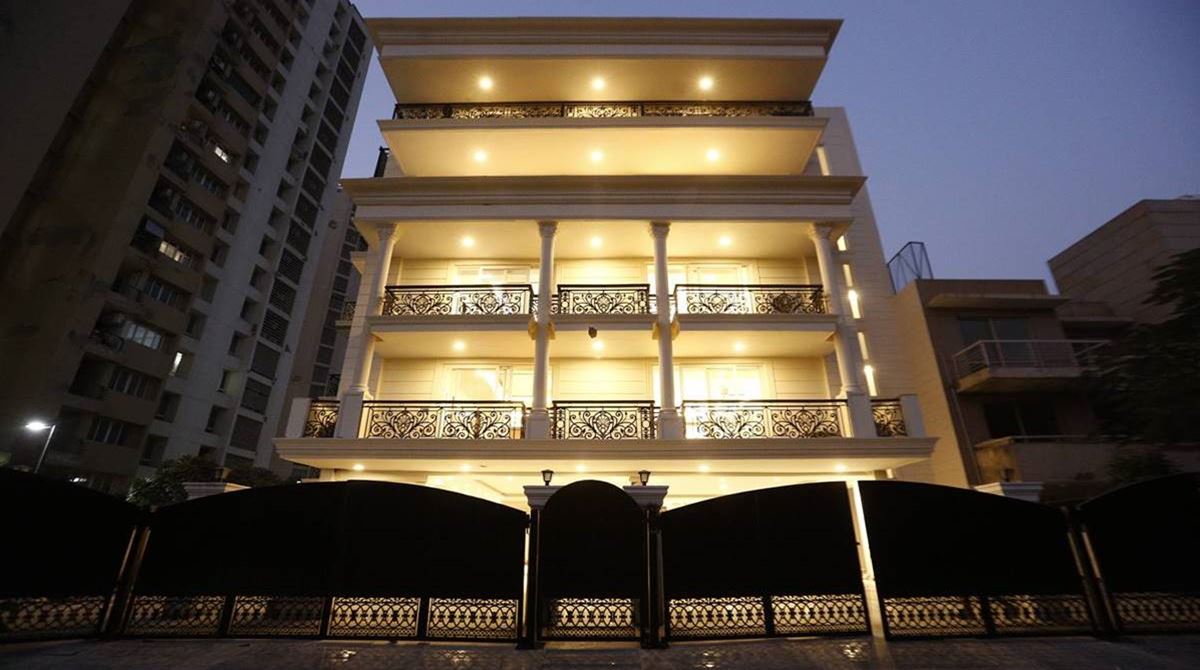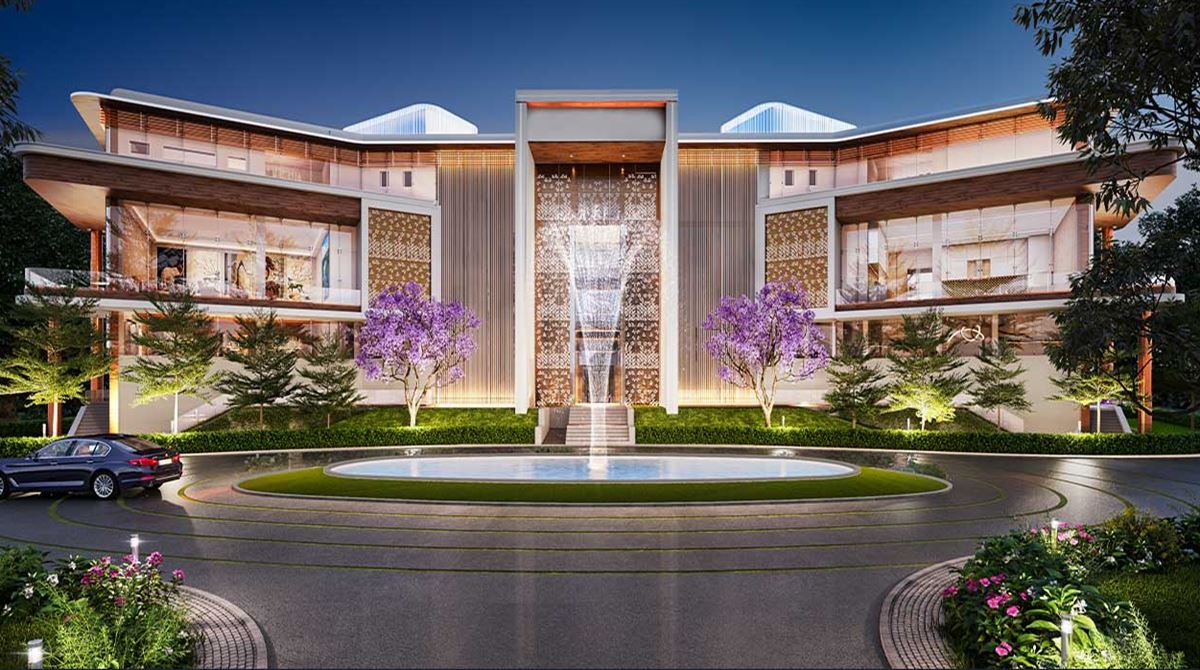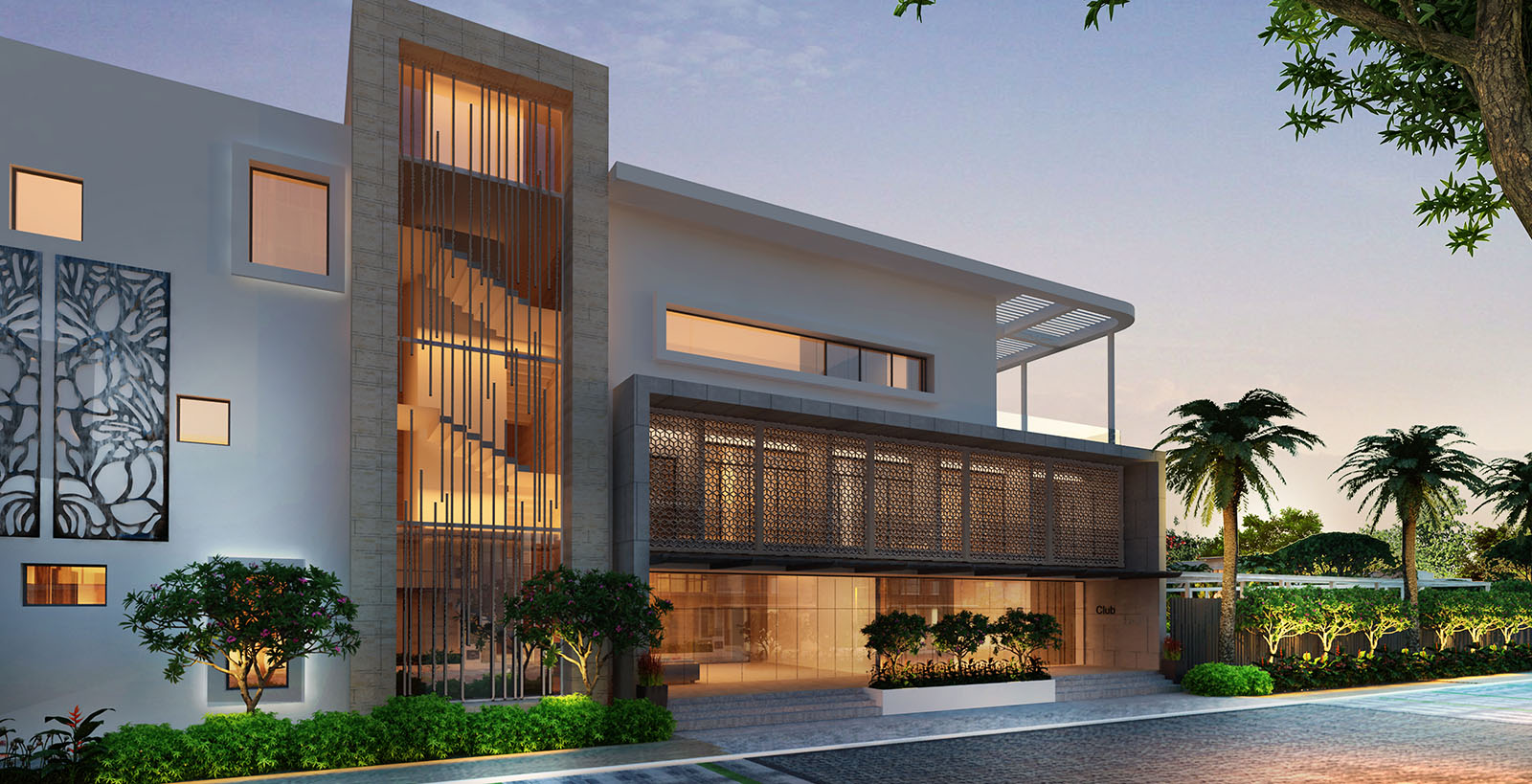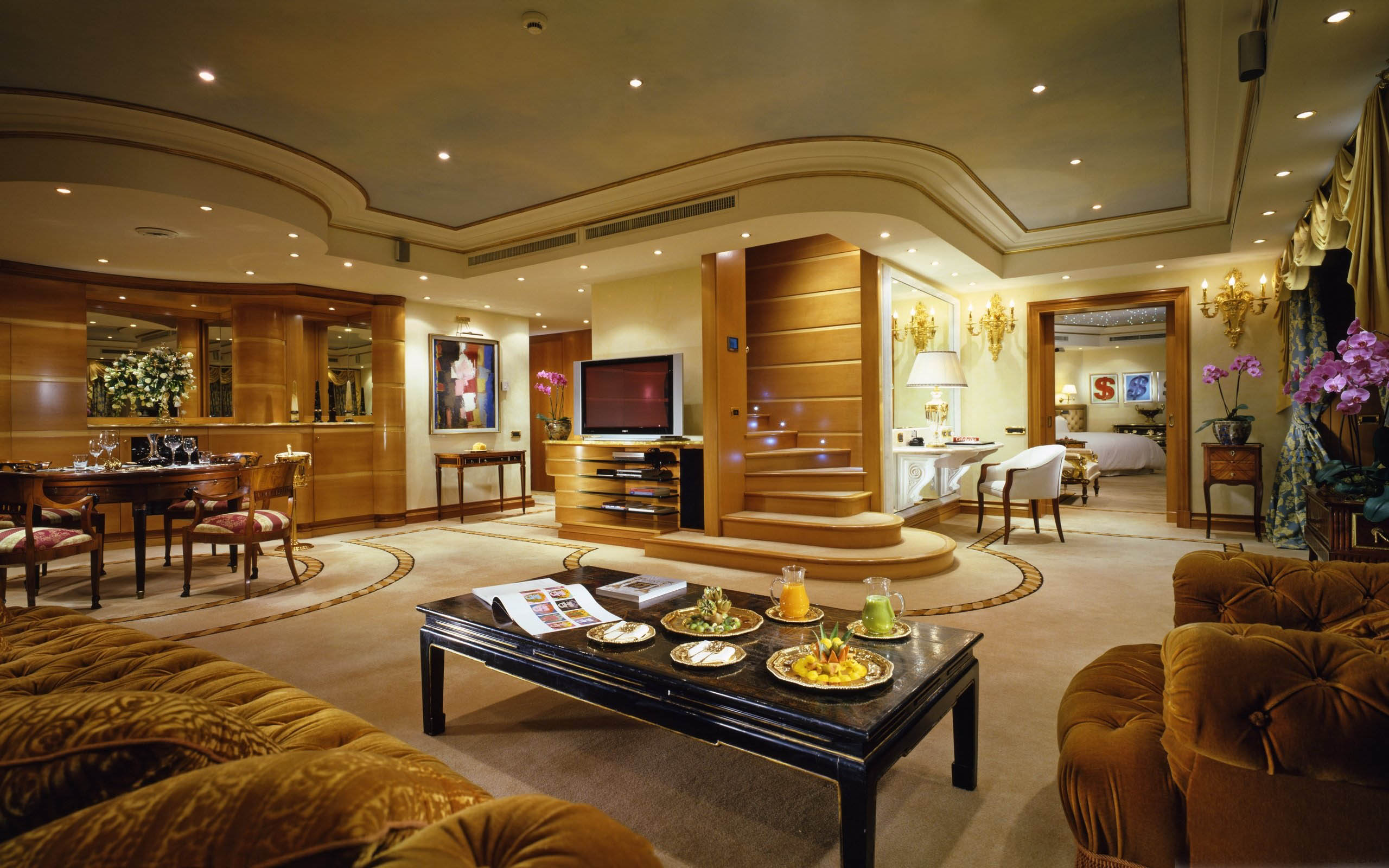The Rise of Luxury Housing: How Millennials are Fueling Demand in 2023

The Rise of Luxury Housing: How Millennials are Fueling Demand in 2023
Millennials are leading the development of luxury homes, for better or worse.
The millennial generation demands everything. A rooftop terrace, high-end finishes, and smart home technology enable phone-based management of every aspect of the property. You’ve probably fantasised about relocating to one of the opulent apartment buildings that are springing up in cities nationwide. You are not alone. Millennials, a generation as a whole, are driving up demand for premium real estate.
You place a high priority on sustainability and experience. Residential houses are being produced rapidly by developers who have taken note and are catering to the needs of your generation. Luxury housing is on the increase, for better or worse, and millennials are the ones who are making it happen.

Over the past decade, an exciting and unexpected shift has occurred in the housing market. A demographic that was once considered likely to eschew homeownership is now increasingly driving the demand for luxury real estate: millennials. This generation, which consists of individuals born between 1981 and 1996, is now in its prime earning years. Many millennials are finding themselves where they can afford to invest in luxury housing, leading to a significant market boom. But what has caused this shift, and how is it changing the face of luxury real estate?
Luxury housing is often the most expensive 5–10% of residences in a particular market. You may anticipate paying at least 50% to 100% more than the median property price in your area. However, this varies greatly by location. Increase that by 200–500% for the ultra-luxury category.
So, what qualifies as a luxury dwelling today? It may be summed up as residential real estate superior to the norm regarding design, facilities, and price range. We’re talking about luxurious residences with first-rate amenities like:
Custom architecture and lavish interiors with high-quality materials.
- Smart home technology like automated lighting, thermostats, and security systems.
- Resort-style amenities include pools, gyms, spas, golf courses, and private parks.
- Concierge services and 24/7 security.
- Prime locations in affluent neighbourhoods or secluded, gated communities.

For many years, millennials were considered a generation burdened with student loan debt, limited job opportunities, and a penchant for renting in urban cores. However, in 2023, the narrative is changing. As this demographic ages, its financial outlook has improved. Many millennials are now moving into higher-earning periods of their careers, and some have benefitted from wealth transfers from their baby-boomer parents.
Additionally, after witnessing the impact of the 2008 financial crisis, many millennials have become savvy investors. They understand the stability and potential returns that can come from investing in real estate, particularly in an era of low-interest rates and rising property values. This has led to an uptick in demand for luxury properties among this demographic, focusing on homes that offer more than just a place to live but a lifestyle.
When it comes to luxury housing, millennials have shown that they value properties that align with their lifestyle and personal values. This has increased demand for homes in walkable urban neighbourhoods close to amenities like restaurants, shops, and parks. They’re also drawn to homes that allow for a healthy work-life balance, a trend that’s only been exacerbated by the increase in remote working since the COVID-19 pandemic.

Properties with eco-friendly features are also desirable to this generation, as they are more environmentally conscious than their predecessors. Homes with energy-efficient appliances, solar panels, and sustainable materials are seeing a surge in demand.
Technological advancements in luxury homes, such as smart home technology and high-speed internet connectivity, have also become a necessity for millennials. Their lives are deeply intertwined with technology, and they expect their homes to reflect this.
In response to this increased demand, real estate developers are tailoring their projects to cater to millennial buyers. Condominiums and homes are being built with shared spaces like gyms, pools, and coworking spaces. There is a move towards creating integrated communities rather than just building houses.
According to CBRE’s ‘India Industry Monitor Q1 2023’ study, the luxury housing industry in India has had exceptional growth for the past two years. The research reveals a noteworthy annual increase of almost 151 per cent in sales of luxury homes between January and March 2023.

With a startling 216 per cent gain in Q1CY23 compared to Q1CY22, Delhi-NCR takes the lead in sales of luxury homes. Additionally, high-end real estate units are in great demand and gaining traction in Mumbai, Hyderabad, Pune, and Kolkata.
These findings demonstrate the high demand for luxury housing and its market potential across several Indian cities, reflecting the preferences and expectations of discriminating consumers seeking a first-class living.
Leading rating agency Crisil observed a startling increase in sales by big-listed real estate developers. At the same time, the area sold saw growth of almost 20 per cent in FY23, and the value of sales climbed by about 50 per cent. As a result, these well-known developers are anticipated to raise their market share to over 30% in FY24, up significantly from 16–17% in FY20.
Additionally, the number of unsold apartments in India’s luxury housing sector decreased significantly, according to a recent Anarock research. By the end of March, there were 15,520 unsold apartments priced over Rs 2.5 crore as opposed to 20,480 units at the same time last year, a 24 per cent decline. This suggests that the market for luxury homes is on the upswing.

Indian millennials are a vital consumer demographic in the industry. This group, which is at the peak of its spending power and has easy access to mortgages, has significantly impacted the housing market. They were responsible for more than 50% of properties sold in 2020, and their impact helped the Indian real estate industry reach a 54% growth rate in 2022.
By 2030, the Indian real estate market is expected to surpass $1 trillion, reflecting upward trends. Due to this expansion, the nation’s GDP is expected to increase by an astonishing 13%. In essence, the purchasing power of Indian millennials has changed the real estate market and is expected to impact the nation’s economic growth significantly.
Also, in line with the millennial demand for sustainability, developers are incorporating green building practices into their designs, aiming to achieve LEED certification and other sustainability benchmarks.
That is the inside story of how millennials contribute to increasing luxury property, so there you have it. Affordability and general acceptance of luxury life may increase if current trends continue. But for now, many people still aspire to live in a luxurious home. Go for it if it fits your budget and your objectives for your lifestyle. Give yourself modern comforts, eco-friendly elements, and luxuries that make daily life more joyful.

This rise in demand for luxury housing from millennials has a noticeable effect on the housing market. Prices for luxury homes in desirable areas are increasing, and the supply of these homes is struggling to keep up with demand. This has led to competitive markets in many cities, with homes selling quickly and often for above the asking price.
The rise of luxury housing driven by millennial demand represents a significant shift in the real estate market. As this generation ages and accumulates wealth, the need for luxury homes will likely continue to increase. Developers and real estate professionals who can adapt to this trend and cater to millennial buyers’ unique tastes and demands will probably find themselves well-positioned for success in the coming years.



